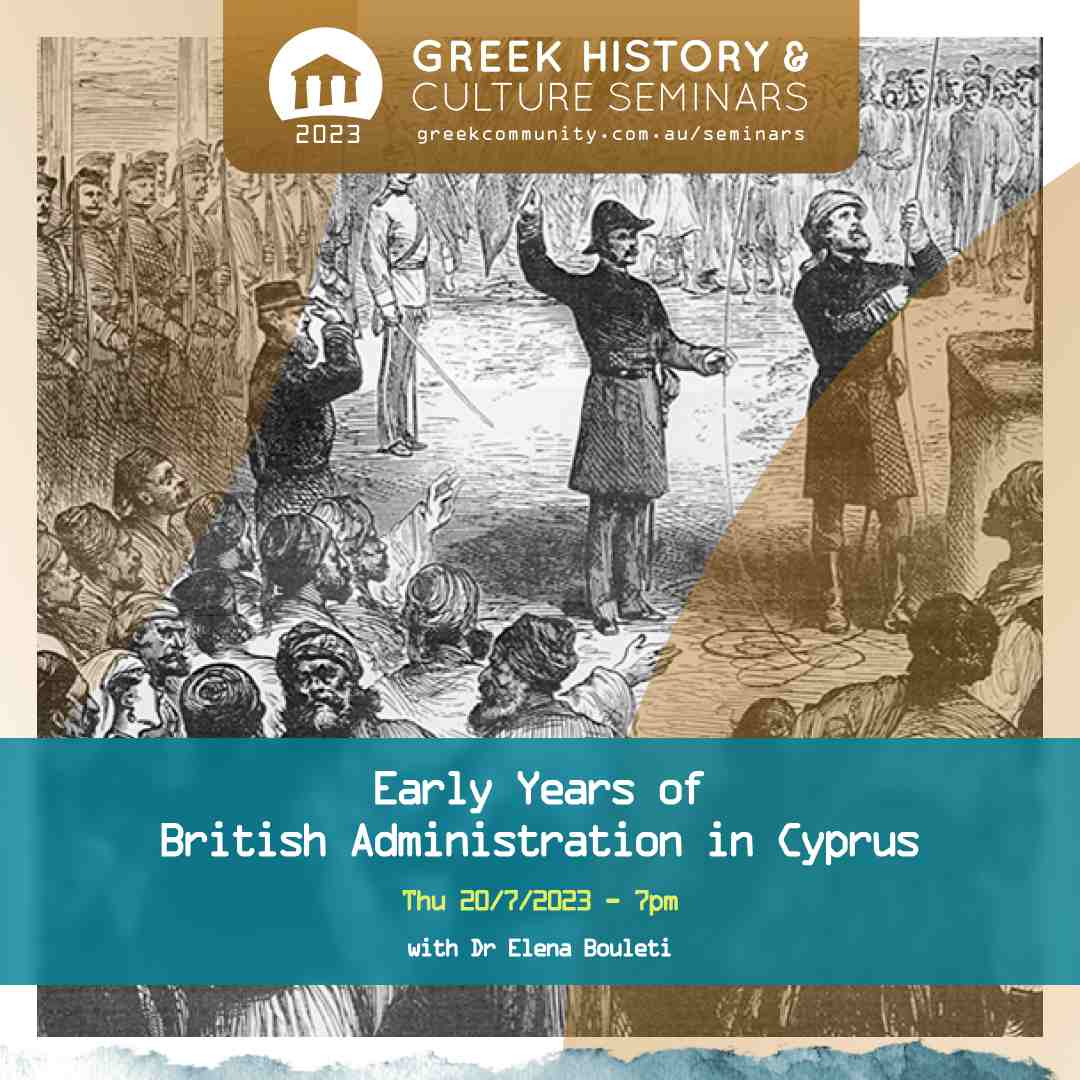| |
Synopsis
The transition of the Ottoman Muslim community of Cyprus from the status of a religious community -and even more so the ruling community of the island- to that of a national community presents a peculiar case, since that process evolved without any direct effect by Turkish nationalism. After the Cyprus Convention in 1878, the administration of the island was all British and was organized on a strict colonial basis. The British administration, in its effort to establish its power in Cyprus in a manner that would be costly in time or money, sustained the religious basis of the Ottoman administrative system and abolished only the top levels in an arbitrary modernization process that came from above and aimed to facilitate a British colony, not Cyprus society. The initial anti-colonial sentiments of the Muslim community were triggered by the infiltration of the British into its social, economic, and religious core. Since nationalism was formed in Cyprus along communal lines, an attempt is made to trace the contribution of the colonial regime to their formation. More specifically an effort is made to present communal attempts to redefine traditional religious institutions in order to neutralize the British colonial control over them. In that context religion through its institutions assumed a secular and nationalistic scope. In my opinion, British efforts to stall the birth of Turkish Cypriot nationalism had as a result the emergence of an anti-British tendency in the community. The suppressed nationalism emerged as anti-colonialism in a strict communal-religious frame. The Turkish Cypriots wished for the preservation of their religious community and its institutions but by claiming self-administration for those institutions through elections, they attributed to them national as well as religious characteristics. That duality in the national and communal frame would not cease to exist for the Turkish Cypriots even after World War I, even though the influence from Young Turk ideology would grow.
|
|



